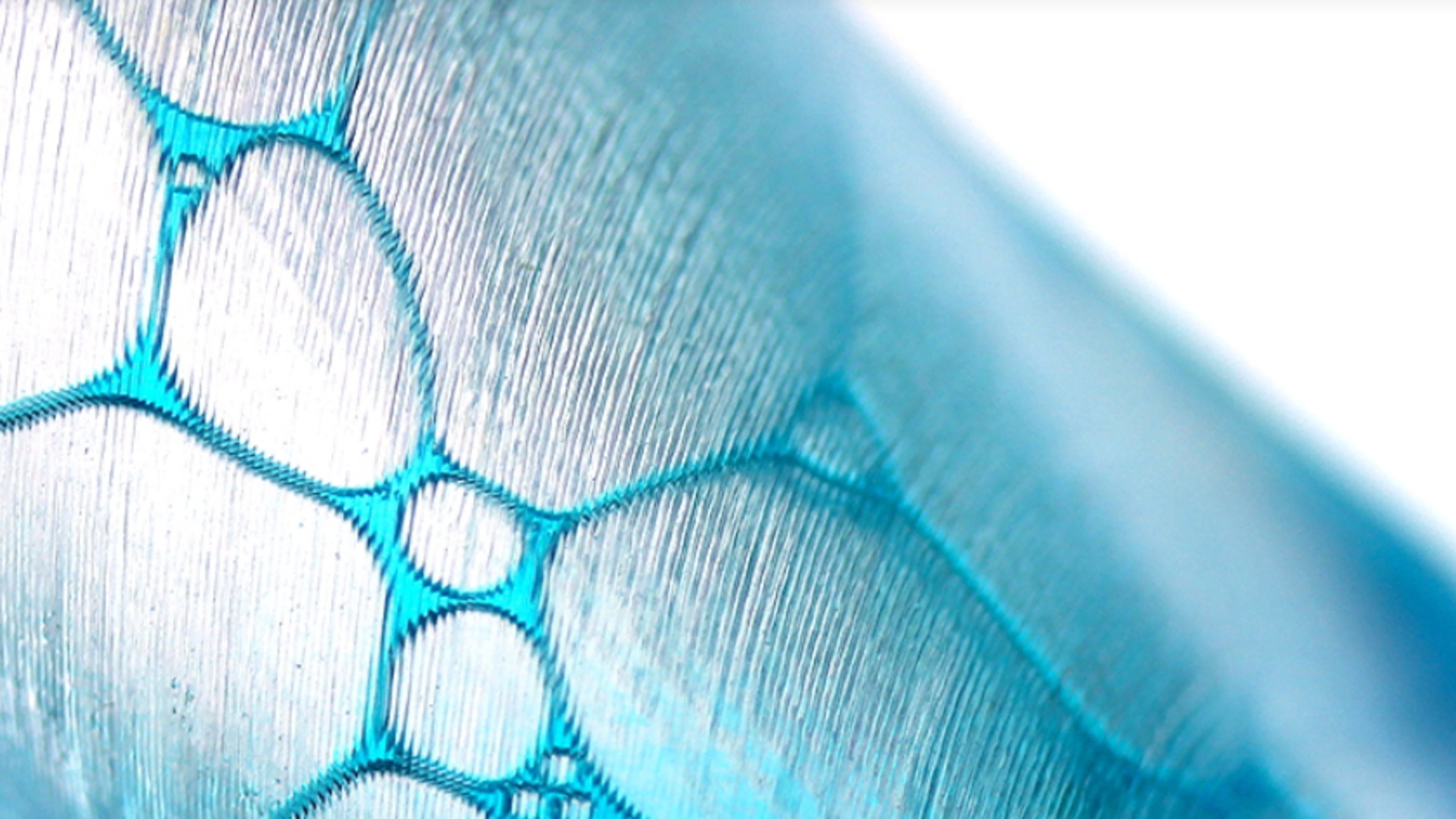Industrial Design
Researchers in industrial design investigate experiences and products that affect human and environmental wellbeing.

Industrial design responds to human experience, behaviour, needs, and desires by creatively engaging with mass and batch production processes and materials. This field is being driven increasingly by digital technologies
Researchers in this area investigate experiences and products that affect human and environmental wellbeing. We create original, useful, and meaningful products, such as furniture made from recycled plastics and medical prosthetics tailored to fit individual people.
The Industrial Design Research Group works collaboratively with a variety of interdisciplinary academics and professionals with strong connections to industry partners and research organisations. Current research interests include innovative applications of additive manufacturing (AM), such as Computer Generated Objects (CGO), 4D printing for synthetic biology and a circular economy, and emerging digital platforms of making.
Research topics
| Research topic | Staff who can supervise research in this area | |
|---|---|---|
| 3D fabrication | Anne Niemetz, Leon Gurevitch | |
3D fabrication and Māori narratives | David Hakaraia | |
3D fabrication for fashion and textile applications | Edgar Rodriguez | |
4D printing for a circular economy | Simon Fraser, Jeongbin Ok, Ross Stevens, | |
4D-printed synthetic biology | Ross Stevens, Bernard Guy | |
| Computer-generated objects (CGO) | Jeongbin Ok, Ross Stevens, Leon Gurevitch, Zach Challies | |
Emerging digital platforms of making | Simon Fraser, Jeongbin Ok, Bernard Guy, Edgar Rodriguez, Zach Challies | |
Academic staff
| Name | Research interests | |
|---|---|---|
| Zach Challies |
| |
| Simon Fraser |
| |
| ||
| ||
| ||
| Anne Niemetz |
| |
| Jeongbin Ok |
| |
| ||
| Ross Stevens |
| |
Design Research Labs
MADE

MADE (Multi-property Additive-manufacturing Design Experiments) focuses on innovative design applications of 3D printing and additive manufacturing materials, technologies, and processes. It aspires to establish globally recognised design research expertise in the currently undersubscribed niche of multi-material printing.
For more, see MADE.
Study options
The following postgraduate programmes allow you to pursue research in the area of industrial design:
Master of Design (MDes)
The MDes allows you to further develop your critical thinking and discussion skills, increase your understanding of design, and learn to express your own ideas and conclusions within a theoretical framework.
Find out more about the Master of Design (MDes).
Master of Design Innovation (MDI)
The MDI delves deep into the process of innovation, from conception to design to construction. Through independent research, you'll gain the specialist skills and knowledge you need to be a successful professional in the design industry.
Find out more about the Master of Design Innovation (MDI).
PhD
On our PhD programme, you'll produce an original body of research that expands the design discipline. Your work will be largely independently driven, with two supervisors available to advise you. Typically the PhD is studied on-site, but in suitable cases it may be studied by distance.
Find out more about the PhD.
